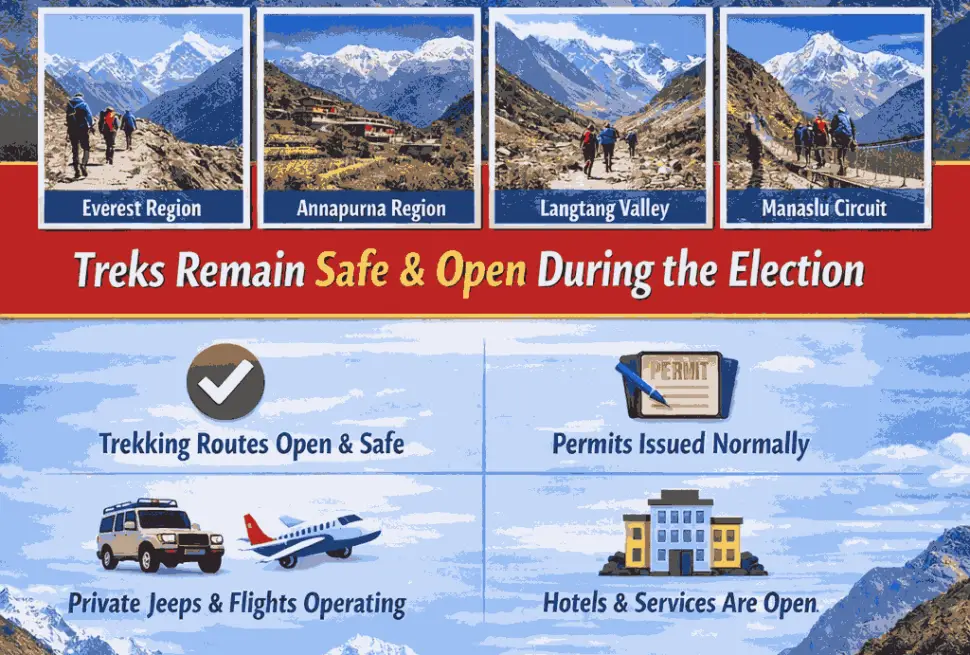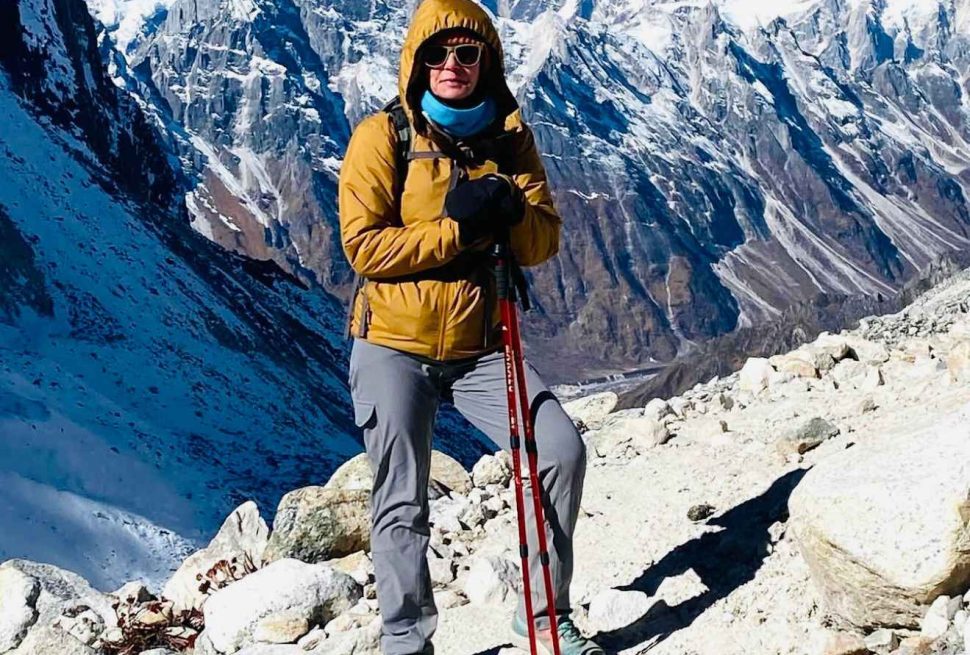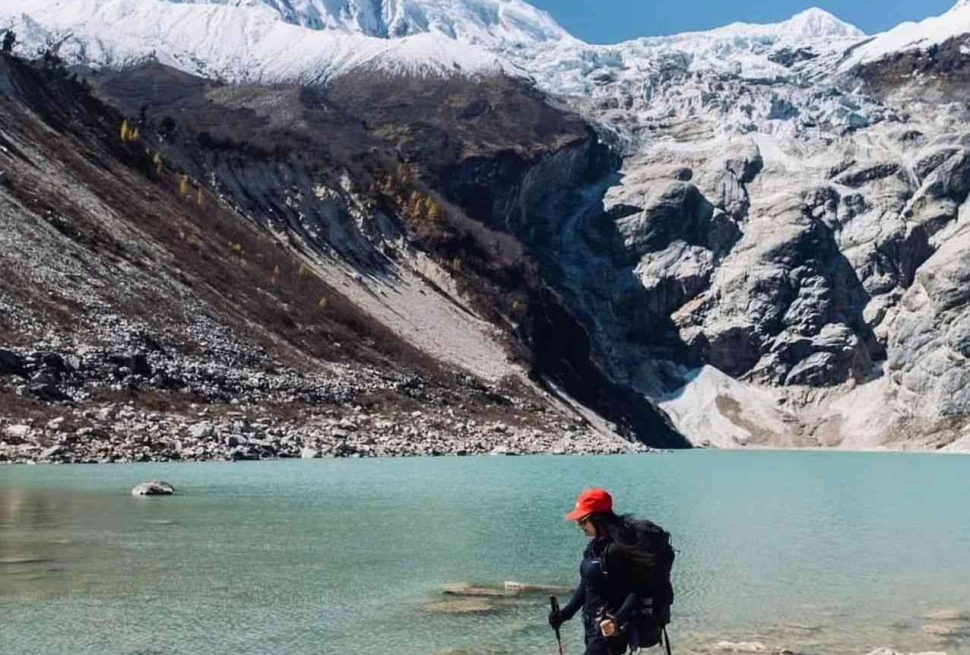Introduction
Rising from the Gorkha Himal, Mount Manaslu (8,163 m) is the eighth‑highest peak on Earth, and the Manaslu Circuit Trek offers an intimate circumnavigation of this “mountain of the spirit.” The trail winds through subtropical valleys, pine forests, windswept passes and yak pastures, offering a rich mix of nature and adventure. Unlike the well‑trod Everest and Annapurna circuits, Manaslu’s trails remain uncrowdee and wild.

The Trek Route
Trekkers cross the snow-covered Larkya La Pass on the Manaslu Circuit, with Himlung Himal and other peaks rising in the background
Most itineraries begin with a long drive from Kathmandu to Soti Khola or Machhakhola. From there, the trail hugs the Budhi Gandaki River, climbing from warm rice terraces to alpine meadows. Trekkers gradually ascend through Jagat, Deng and the monastery village of Lho, where the double‑peaked face of Manaslu towers above barley fields. After Samagaon and Samdo, the last permanent settlements, the trail traverses a glacial valley to reach Larkya La Pass at 5,160 m, the highest point of the trek. From the top, views sweep across Himlung Himal, Cheo Himal, Kang Guru and the Annapurna massif. The trail then descends steeply into the Marshyangdi valley to Dharapani, where it meets the Annapurna Circuit.
Majestic Peaks and Natural Diversity
As you circle the Manaslu massif, you encounter a panorama of Himalayan peaks. Manaslu itself is a serrated ridge of snow and ice, often described as “a soaring monarch with a double‑edged summit.” Cheo Himal (6,820 m), Himlung Himal (7,126 m) and Kang Guru (6,981 m) rise along the northern horizon. On a clear day from Larkya La you can spot Annapurna II (7,937 m). The trail also reveals ten peaks above 6,500 m and a variety of ecosystems, from subtropical forests of figs and bamboo to alpine scrub and glacial moraine.
Villages and Cultural Stops
Despite its remoteness, the Manaslu Circuit passes through villages inhabited by Gurung, Nubri and Tibetan communities. Lho and Syala offer magnificent sunrise views of Manaslu. Samagaon, at the foot of the mountain, hosts a 500‑year‑old monastery and is a common acclimatization stop. Samdo, the last village before the pass, is inhabited by Bhotias and provides a glimpse of traditional Tibetan life. These villages offer teahouse accommodations, allowing trekkers to travel light while contributing to local economies.
Larkya La Pass: The Highlight
Larkya La is not only the trek’s highest point but also one of its most memorable experiences. The climb starts before dawn, zigzagging up moraines and scree slopes. At 5,160 m the pass is marked with prayer flags and offers 360‑degree views of frozen lakes and snow‑capped giants. Proper acclimatization is essential; spending extra days at Samagaon and Samdo helps your body adjust before tackling the pass.
Planning Tips
The circuit typically takes 10–16 days to complete. Spring (March–May) brings blooming rhododendrons and clear skies, while autumn (September–November) offers stable weather and long mountain views. Permits are mandatory: the Manaslu Restricted Area Permit, Manaslu Conservation Area Permit and Annapurna Conservation Area Permit. Trekking with a licensed guide is required; solo trekkers are not permitted. Accommodation is in simple teahouses, so pack a warm sleeping bag and be prepared for basic amenities.
Conclusion
With its combination of challenging high‑altitude passes, sweeping mountain views and culturally rich villages, the Manaslu Circuit Trek stands out as one of Nepal’s finest treks. It offers the thrill of exploring remote valleys while delivering world‑class Himalayan scenery. If you’re seeking an adventure that balances physical challenge with natural beauty and cultural insight, Manaslu belongs on your bucket list.
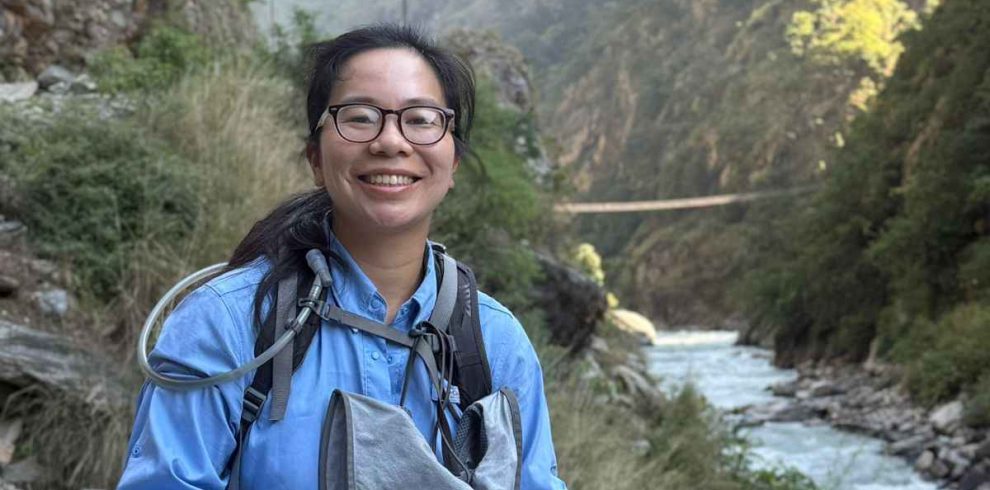
The Luxury Manaslu Circuit Trek is a comfortable way to explore one of Nepal’s most beautiful and less crowded trekking…
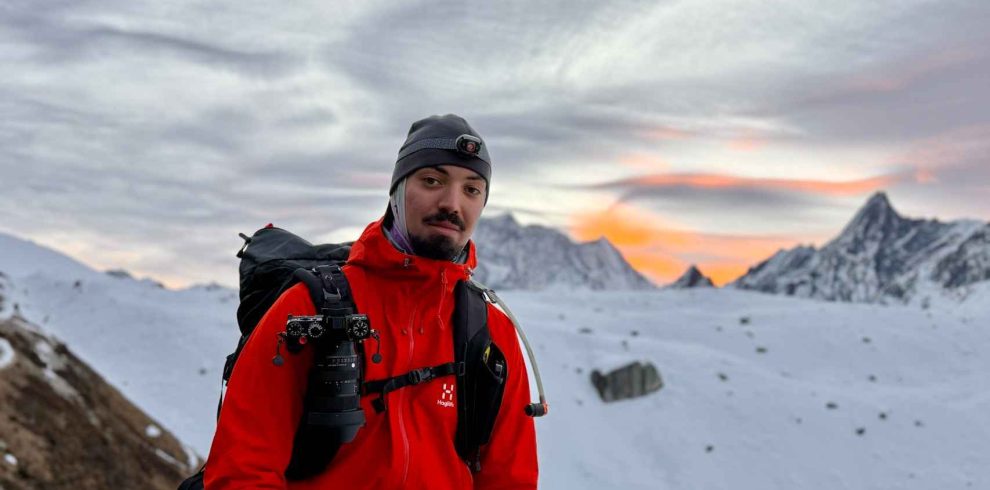
Are you interested in mountain photography and videography and looking for a quieter Himalayan route with more time at key…
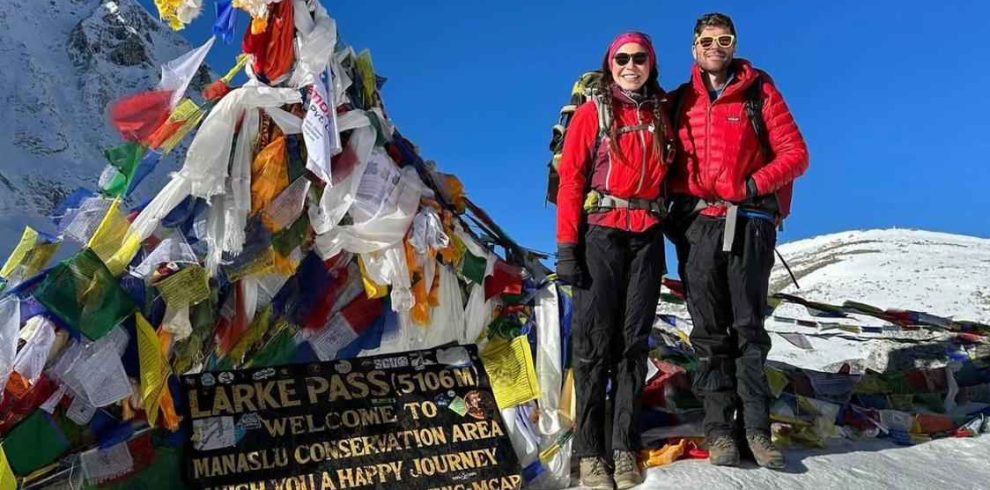
The Manaslu trek for couple is a private and peaceful Himalayan trekking experience, ideal for couples who want adventure, comfort,…
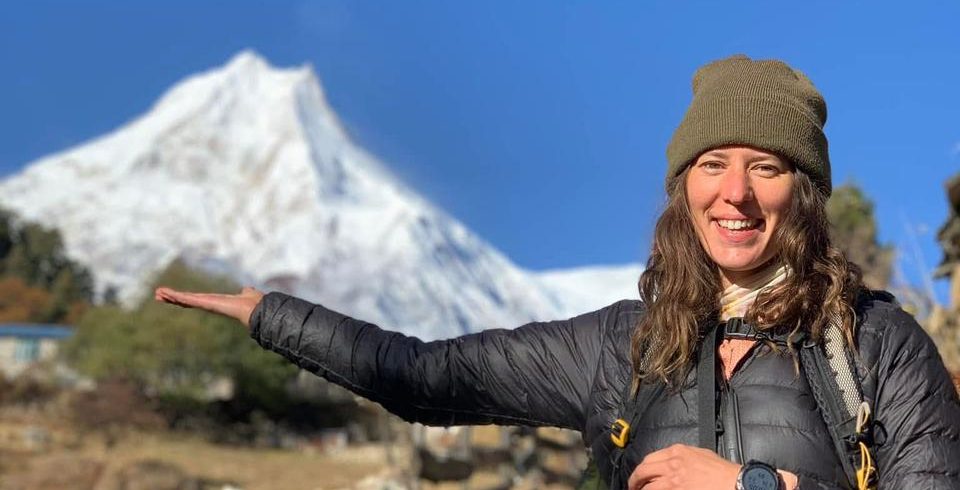
19 Days Manaslu Circuit and Tsum Valley Trek is one of Nepal’s most rewarding long-distance Himalayan journeys, combining remote valleys,…
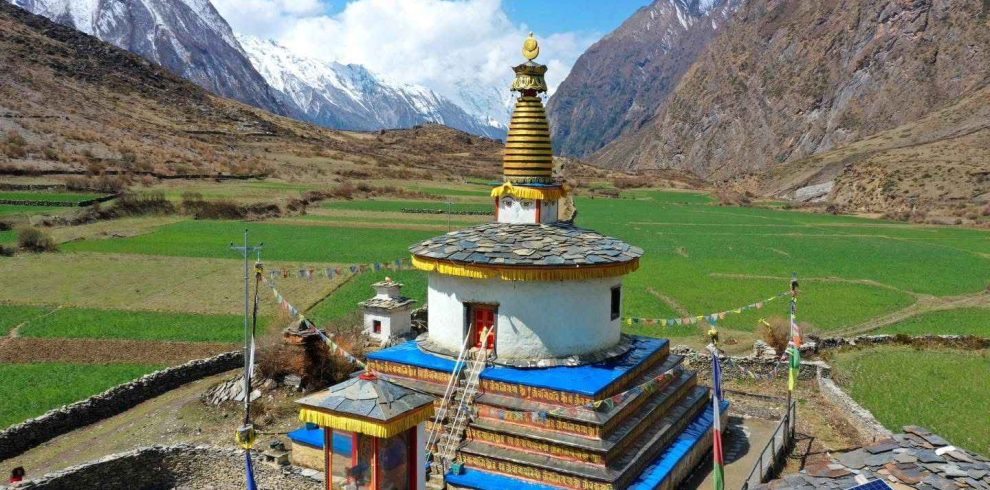
The 23-day Tsum Valley & Manaslu Circuit Trek combines breathtaking Himalayan landscapes with the preserved Tibetan Buddhist culture of a…
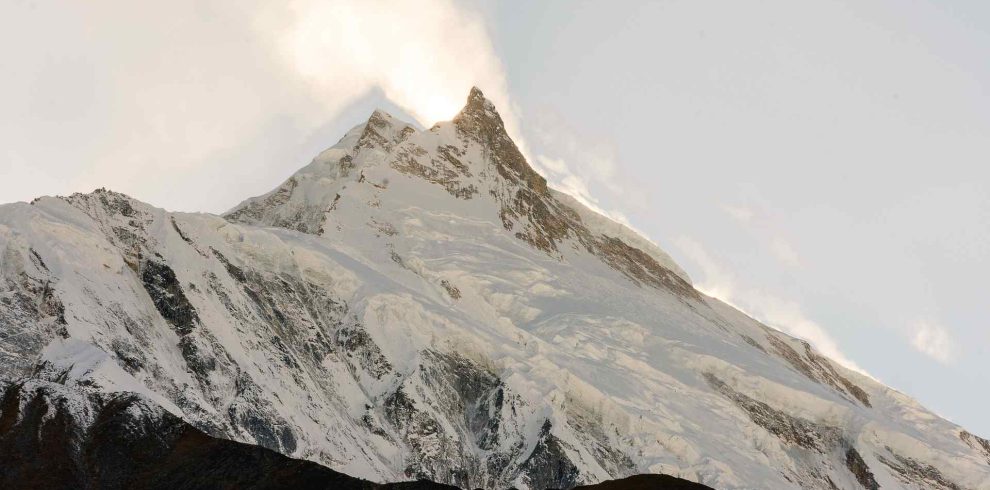
The 9 Days Short Manaslu Circuit Trek is a perfect choice for trekkers who want a short yet best Himalayan…

